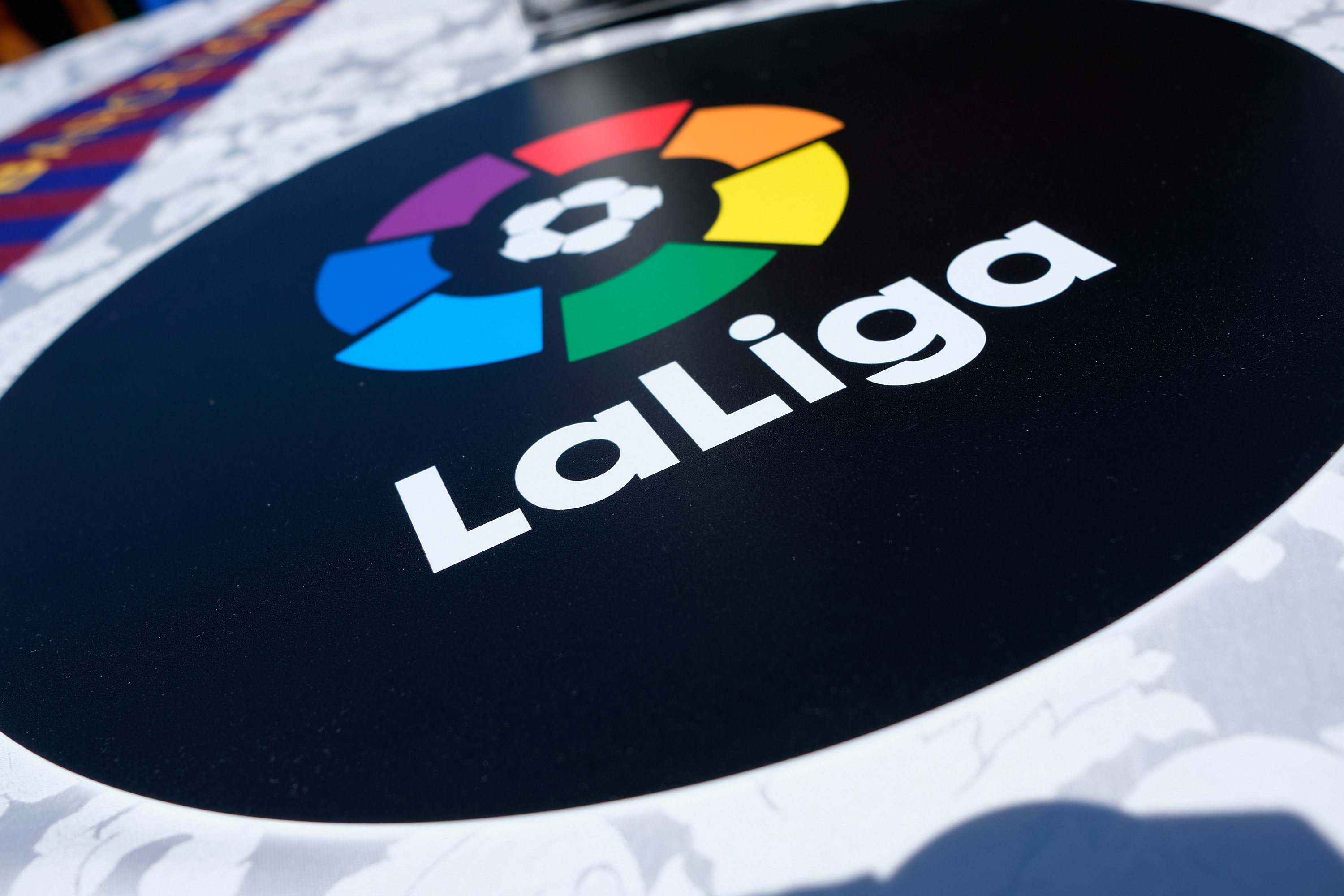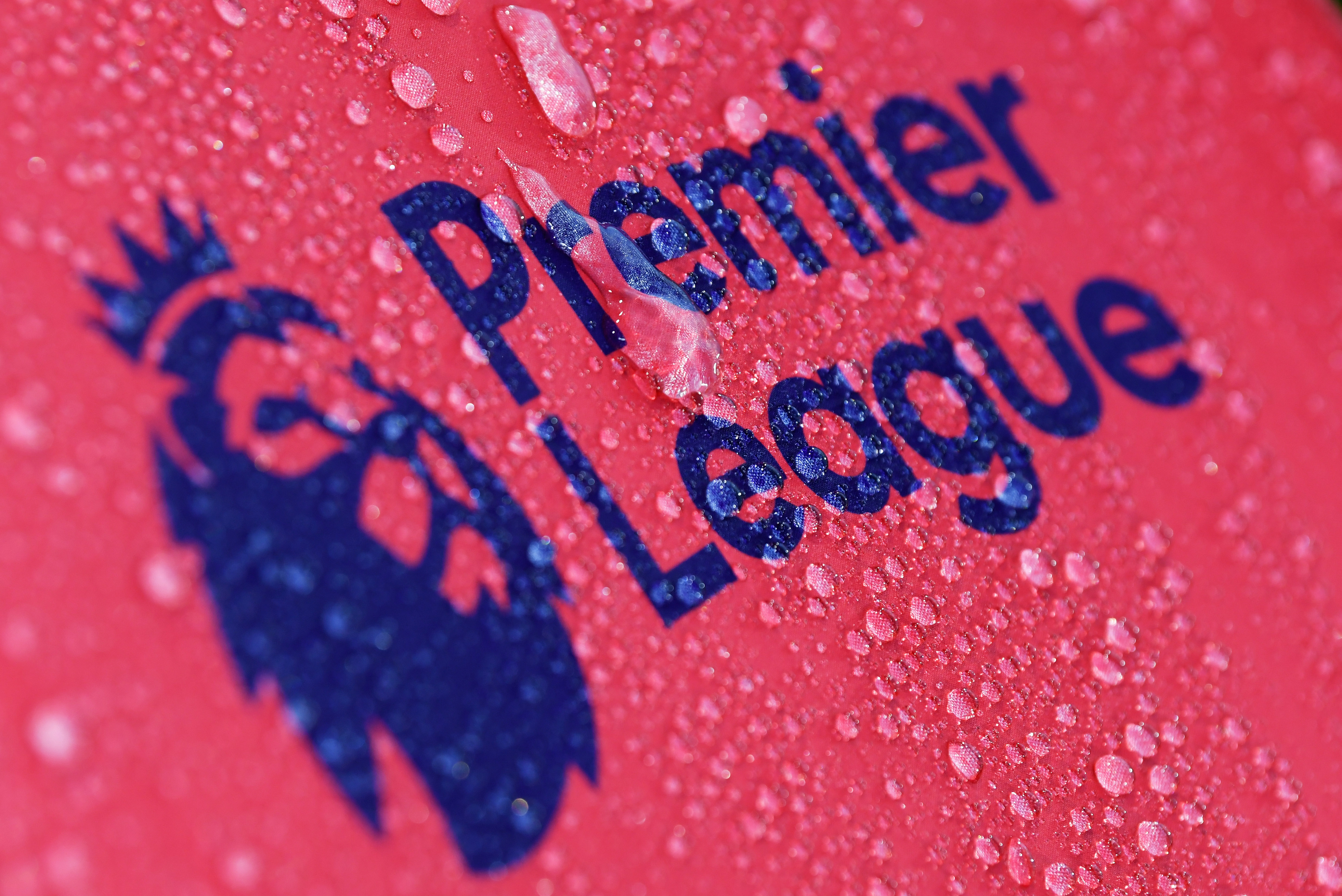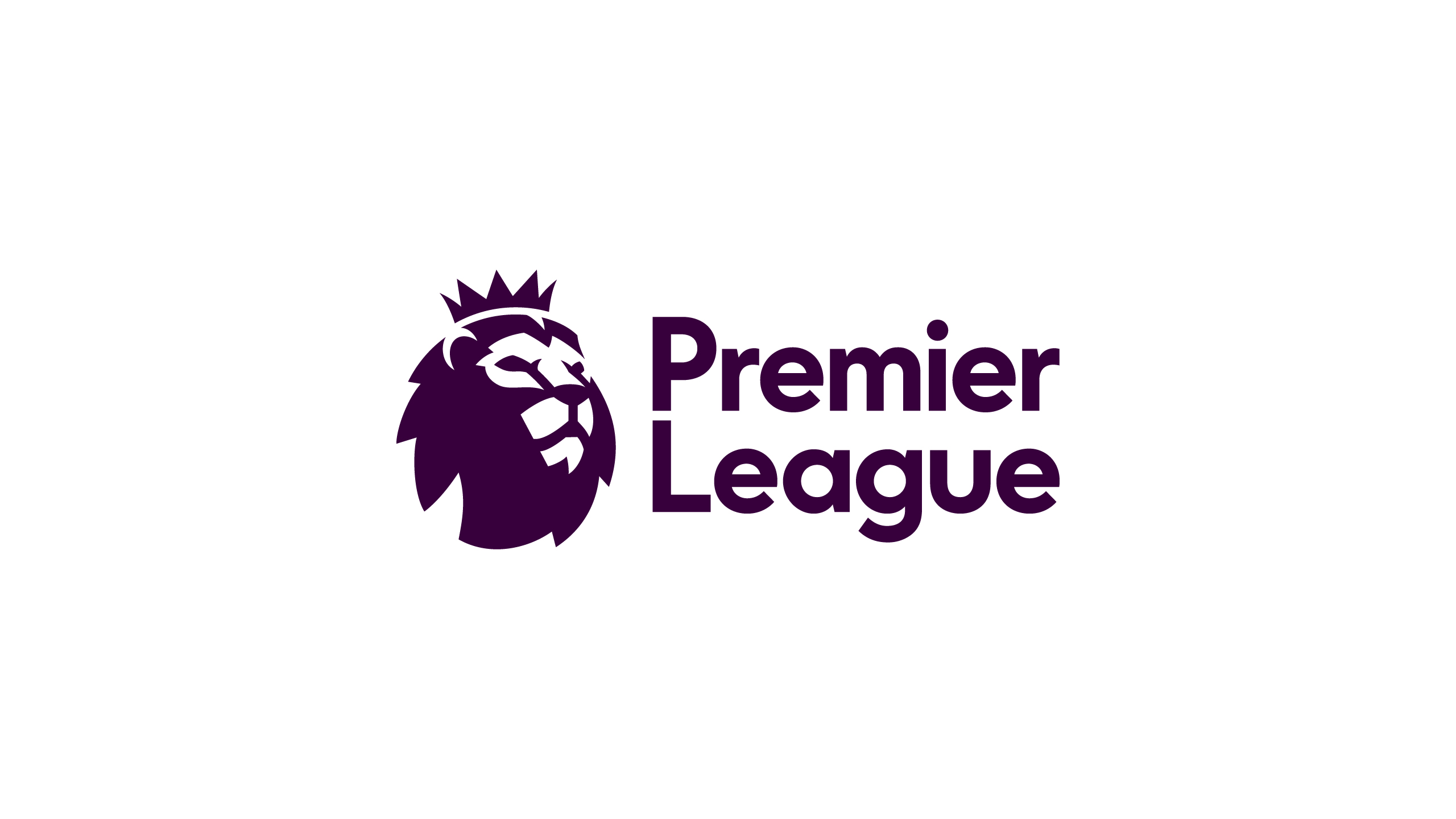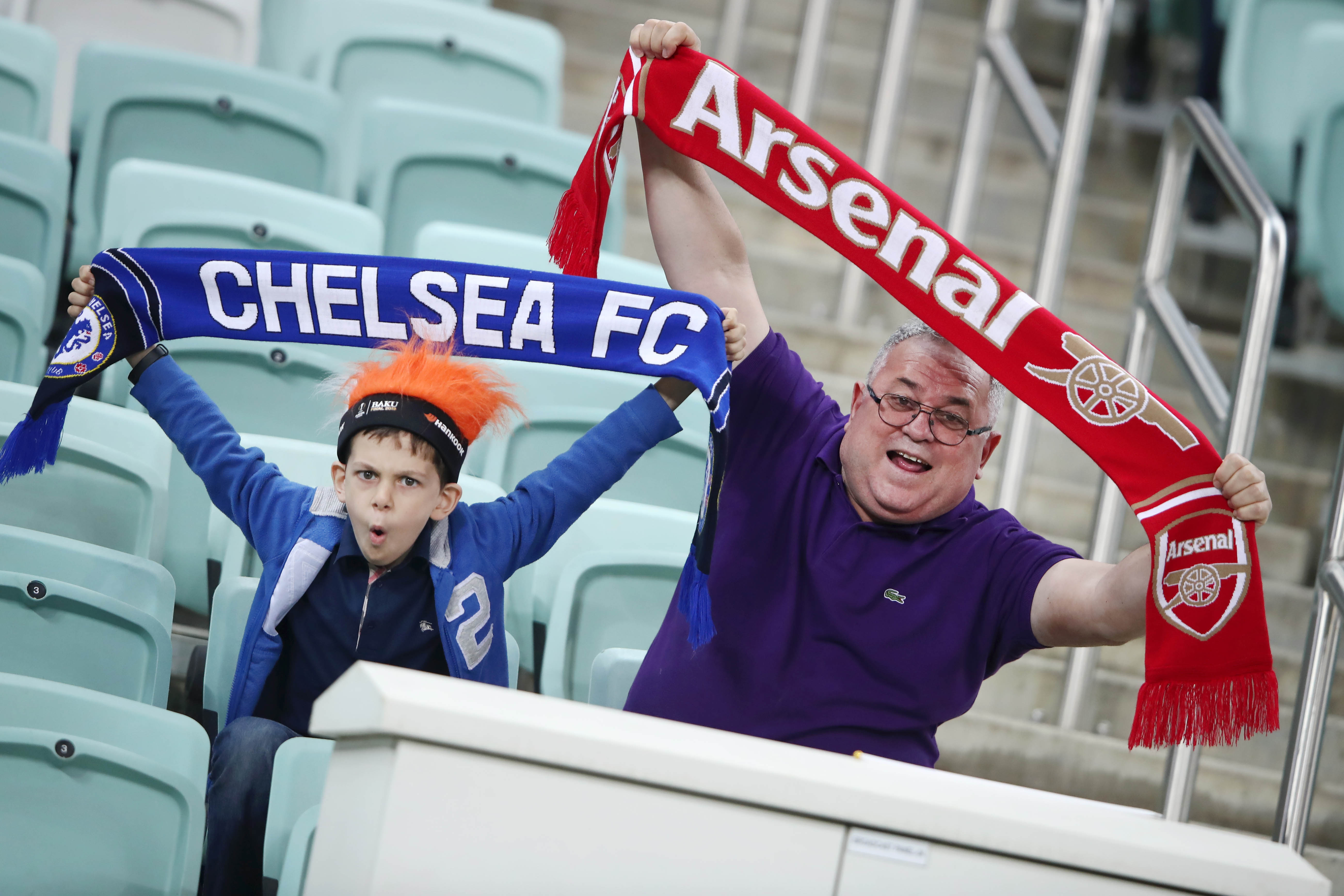If you thought the roar of the Vuvuzela‘s would seize to exist after the host nation got eliminated, think again. The Black Stars are still alive and kicking. As long as Ghana stay in the tournament, the party continues for African continent .
The owner of a tiny restaurant in Accra, Ghana’s capital basks in the glory, “Black Stars no longer respresnt Ghana now, they are the beacon of light for whole Africa“. African National Congress, South Africa’s ruling party released a statement which read – “We are very confident that having gone this far, you are indeed heading for the 2010 FIFA World Cup finals on our soil. We are very proud of you, as South Africa and as part of the continent of Africa, you are our pride.”

The last straw of hope for Africa
Ghana, dismissed and disregarded for being “Un-African” before the tournament began, has suddenly become the focal point of all African support.
A Brief History of Black Stars:
In 1957, Ghana, then known as Gold Coast became the first sub-Saharan African nation to achieve independence. They have been pioneers and trend-setters for rest of Africa ever since. Kwame Nkrumah, the first Ghanaian Prime-minister was one of the most important figures of the “Pan-African Movement” – by which he sought to unite all African nations. He was also one of the first African political figures to understand football-diplomacy. He used the Cup of African Nations to showcase the progress the newly independent nation was making.
Ghana hosted the 1963 version and won the tournament. They repeated their success in 1965 edition. Coached by Charles Gyamfi, the team failed got a chance to play the World Cup in 1966 as the African Football Federation had boycotted the tournament. They also reached the final in ’68 and ’70 editions of African Nations Cup. The 70s were relatively unsuccessful periods as success dried up for the country. Ghana came back to winning ways by capturing the African title in ’78 and ’82. By this time the national team was blessed with two remarkably talented players.
Striker Tony Yeboah enjoyed a hugely successful career in Germany. Another striker Abedi Ayew, got nicknamed Abedi “Pele” for his exquisite skills. His peak years came in France at Olympic Marseille. Adebi Pele being declared Man of The Match in the final of Champions’ League in 1993 was one of the greatest moments of African football. He helped Marseille defeat the mighty Milan team, becoming the first French club to become European Champions in the process.

Abedi Pele (right) celebrates a goal with Klinsmann
Despite all the individual talent, Ghana was still plagued by lack of unity. Pele and Yeboah didn’t like each other and the team suffered due to this disharmony. They became runner-up in 1992 African Cup of Nations, the only real “success” achieved in Pele’s reign. With the advent of Cameroon and Nigeria as local rivals, Ghana’s qualification hopes took a further dent.
The Black Satellites, Ghana’s youth team, was hugely successful though. The U-17 team won a World Cup title in 1991, players from that team reached the final of U-20 World Cup in 1993. They reached semi-final of U-20 World Cup in 1997. The U-23 team won a bronze medal in Barcelona Olympics in ’92.
German coach Otto Pfister emphasizes the reason behind Ghana’s success in youth level – “Young boys here think about football 24 hours a day and play for at least eight – whether on clay, rough fields or dusty streets. They develop their skills naturally, without any specific training, and end up with superb technique and ability on the ball. They are also fast and tricky, and can feint well with their bodies. Africa and South America have by far the best young footballers in the world – on a technical level they are superb.”
Ghana reached the U-20 World Cup final once again in 2001. It was from this team that their future national team has been built as Serbian tactician Ratomir Dujkovic took over the national coaching responsibility in 2004. Ghana’s young team didn’t lose a single game in 2005, achieving a long elusive World Cup qualification in the process.
Their first ever World Cup game couldn’t have been tougher. Against 3 time world champions Italy. The Black Stars were never in awe of their more illustrous opponents as they attacked with purpose from the first minute. However, lack of experience would lead them to a 2-0 loss. They ran rings around a quality Czech Republic side in the next match. Czech ‘keeper Peter Cech put on a heroic display, but Ghana won their first ever points in World Cup with a 2-0 win. A 2-1 win over USA confirmed Ghana’s entry in the 2nd round. On their first crack at World Cup, The Black Stars had already created a lasting impression.

2006: Ghana players celebrate their first ever world cup goal
Their all-out, buccaneering style capsized against Brazil in the next round. As Ghana continued to move forward Brazil setup intelligent counters to destroy them 3-0. Ghana might had been defeated, but they had earned enduring respect in the hearts of football viewers in their first ever World Cup appearance. They qualified from the Group of Death and lost only to footballing powerhouses. Michael Essien, Sulley Muntari and Stephen Appiah came into the spotlight after the tournament and moved to big European clubs.
Road to South Africa 2010:
Ghanaians continued their steady march after the 2006 World Cup. They beat Nigeria in CAN 2008, but lost to Cameroon in semi-final. A 4-2 win over Ivory Coast saw them grab the 3rd place which saw them rose to 14th place in FIFA Rankings. The experienced coach Frenchman Claude le Roy left his job in 2008. He was replaced by another Serbian, Milovan Rajevac. Kwesi Nyantakyi, one of the youngest FA presidents in Africa, sat down with the coach to prepare the roadmap for future. A focus on youth was on the agenda.

Milovan Rajevac’s curious tie looks like Ghana’s flag
Their plans were helped by an excellent U-20 team. The Black Satellites won for African as well as a historic first World Cup title defeating Brazil in the final. Eight players from that youth team were drafted in Ghana first team for CAN 2010. A huge risk. There was media uproar back home when Ghana lost 3-1 to Ivory Coast in first game. Undeterred, they embarked on a fine run beating host nation Angola and Nigeria on their way. A narrow loss to Egypt in the final separated them from a 5th title.
Despite the success, Rajevac’s tactics was roundly criticized. This was not the “usual” African team. They didn’t play the free-spirited, attacking football that African teams typify. Instead, they choose to sit back and build up patient patterns to hit the opponent on counters. Ghana didn’t lose a single game in qualifiers but they also slowly became the 1-0 team. In 6 qualification games, they scored just 9 goals and let in 3. Absences of Michael Essien before the World Cup was terrible blows. No one gave Ghana a chance to get through from a group with Germany, Serbia and Australia in it.
Shining Black Stars in South Africa:
Ghana did the unimaginable in this World Cup campaign. They curved out a narrow 1-0 win against Serbia, held Australia to a 1-1 draw and lost 1-0 to Germany. Qualifying as group runners up they faced USA, who topped ahead of England. After a grueling 120 minute encounter, a game of truly four halves was edged 2-1. Each of the other five African teams went out without any impact. The much hyped Indomitable Lions from Cameroon became the first team to be eliminated & lost all 3 games. Drogba could not inspire Ivory Coast. Ghana, without any hype, negotiated the toughest group of the tournament safely.
Ghana became the third African team after Cameroon in ’90 and Senegal in ’02 to reach the last eight. They also became the second team after Nigeria (’94 and ’98) to cross the group stage hurdle in back to back world cups.
So what makes this Ghana team tick?
A big reason for their success is precisely the same reason why they are often disliked- their style of play. Rajevac has modeled this Ghana team on erstwhile Yugoslavian teams. Ghana is physically fit, well organized and their game is based on counter attacks. A far cry from old Ghana teams which relied heavily on an all out attack. They do lack the fun factor that African teams bring, but their reluctance to entertain the masses might turn into a boon. African teams often tend to be tactically naïve, but the present Ghana team doesn’t fit that bill.
It was quite a risky move from the coach; trying to mould the free-spirited African players into a rigid system has often proved disastrous. German coach Winfried Schafer tried to mould Cameroon like German teams in 2002 World Cup with unsuccessful results. Then defending African champions exited after round-1 in after a timid campaign. Schafer’s tactics were blamed; Rajevak seems to be doing better so far.

Captain John Mensah leads by example in defence
Ghana usually plays a 4-5-1 with Asamoah Gyan as lone striker. Kevin-Prince Boateng and Kwadho Asamoah are energetic midfielders. Both of them are good snatchers and allow the midfield to persist with pressing high up the pitch. Against USA the first goal was a result of that high-pressing. They created several chances with some aggressive ball retrieval in USA’s half. Andre Aeyw (son of Abedi Pele) and Prince Tagoe are both players from the U-20 World Cup winning team. These two wingers add pace and width. Anthony Annan is a holding midfielder who acts as defensive screen.
Gyan, the top scorer for Ghana so far, is capable of playing as a lone striker as he has good finishing ability and good work-rate. He toiled hard for 120 minutes against USA and finally got a much deserved goal. Andre’s brother Rahim, Stephen Appiah, Derek Boateng and Sulley Muntari are all quality subs
The Black Stars’ defence is their main strength. They have an essentially flat back-four where full-backs don’t go on long overlaps. Full-backs are more content to linkup with the wingers. And this department is where the squad’s average age goes up. Right-back Hans Sarpei is the oldest player in the first XI at 34, while left-back John Pantstil is 29. The same pair has started every single game for them till now. The centre-back pairing has varied, but Captain John Mensah is a sure starter. He has been partnered by Jonathan Mensah in last two games. Jonathan is another player from the U-20 team, he will miss out against Uruguay due to suspension. 19 year old Lee Addy put on a solid display after coming on in the 73rd minute against USA. He might get the nod against Uruguay.

Kingson has been the “Rock of Gibraltar”
The last line of defence, veteran ‘keeper Richard Kingson has been one of the best custodians in this World Cup. Ghana’s stratagem of drawing attacks from their opponents, and then go for the kill in counter, means that their custodian needs to play at his peak. Kingson has not disappointed so far, often making important saves to keep his side floating.
Ghana’s Chances:
Ghana has the curious record of losing only to opponents who have won World Cups before. In 2006 it was Italy and Brazil, in 2010 it was Germany. In this respect, history is against them. But they will certainly be buoyed by the support of an entire continent.
African teams have imploded in past after getting to knockouts. Senegal lost to Turkey without a whimper, Nigeria lost 4-1 to Denmark in 1998 world cup. Rajevak’s biggest challenge will be to keep his relatively young squad focused on their immediate goals.

Asamoah Gyan has so far fulfilled his goalscoring duties
Maintaining team morale is also essential, as African teams have often been plagued by ill-discipline in the past. Even Rajevac has had his share of headaches. The controversial Sulley Muntari was sent home in the middle of current world cup but was later brought back.
The Black Stars have a good blend of youth and experience. If they play to their potential they can create history by being the first African team to reach semi-final. Ghana is currently the most stable democracy in a very volatile part of Africa. They are relatively a prosperous nation with large reserves of natural resources. Whether this prosperity rubs on their football team or not remains to be seen.





